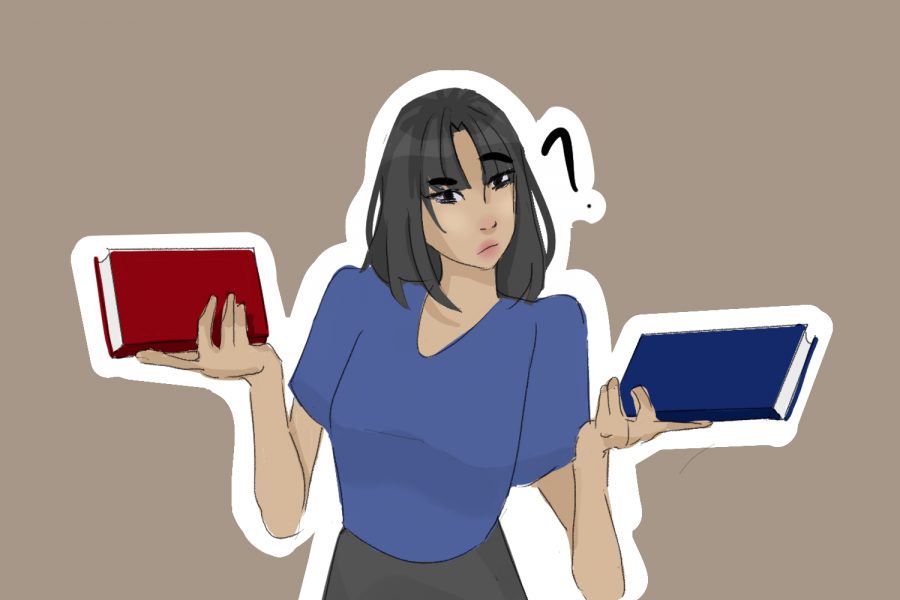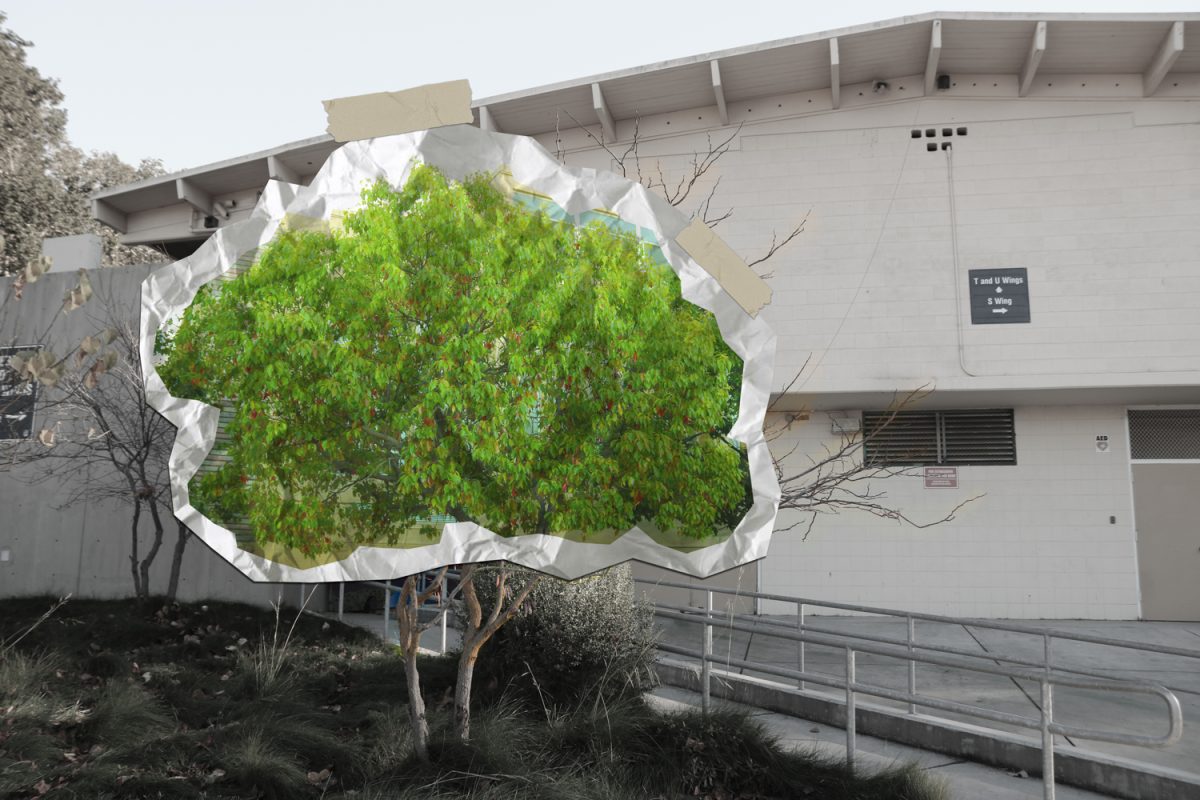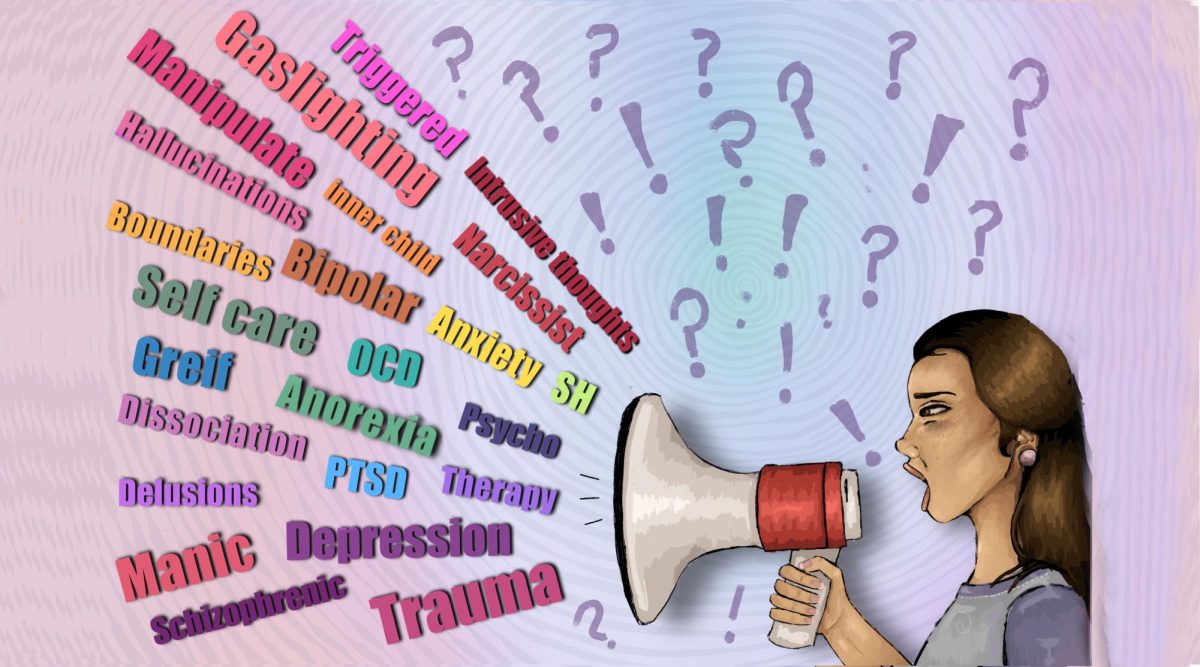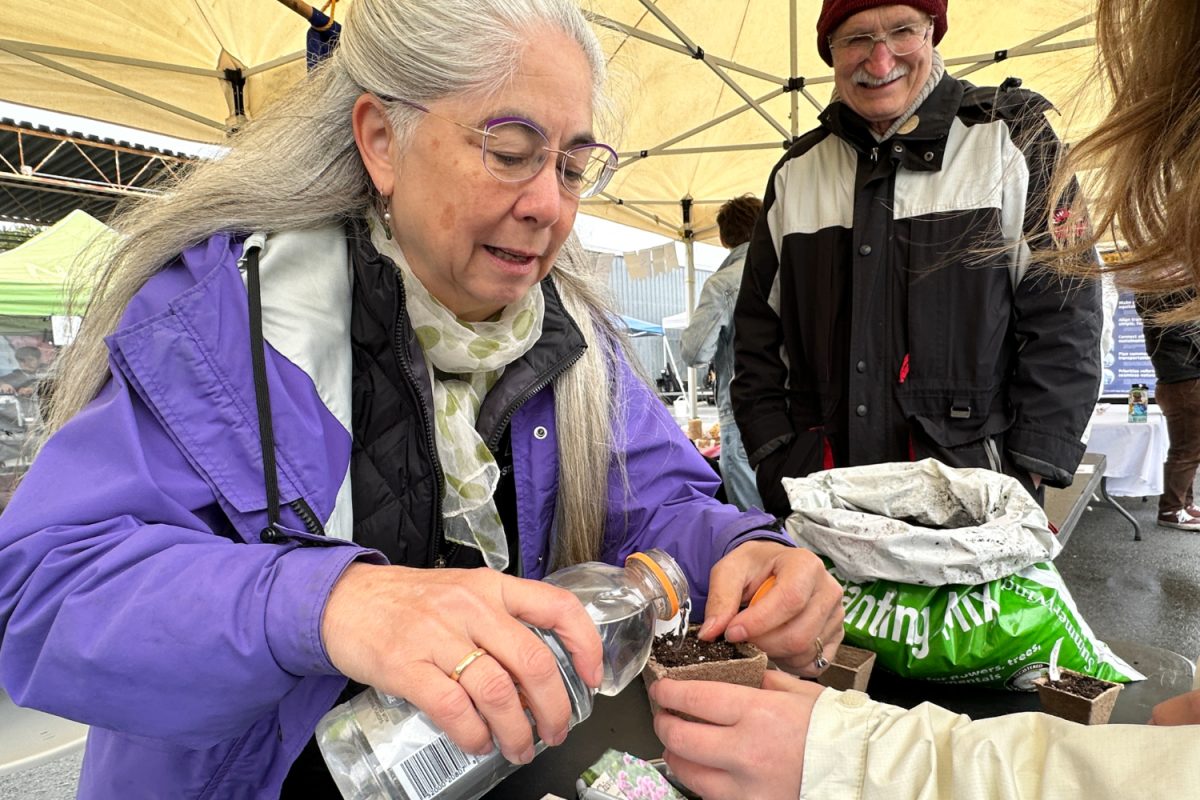“Romeo and Juliet.”
“To Kill a Mockingbird.”
“The Color of Water.”
These are only three out of many works students are assigned to read throughout their high school years, and are collectively determined each year by the English Department.
“The district has a policy of having common units at each level of English, (which are) determined in collaboration,” said Carlmont Advanced Placement (AP) Language and Composition teacher Erik Migdail.
In order to graduate, high school students are required to take English each of their four years, analyzing and digging deeper into their assigned books.
However, in the list of books the Carlmont English Department offers, the vast majority has not changed throughout the years.
Sara Calvin, a Carlmont sophomore English teacher, offers an explanation for this phenomenon.
“I think a lot of books are on the list because they’ve been on the list for a long time,” Calvin said. “This is leading to “classics” dominating the English curriculum.”
Contrary to common belief, these “classics” aren’t there because teachers enjoy making students suffer – this genre of literature can provide students with a plethora of benefits.
Migdail uses “The Catcher in the Rye,” a novel published in 1951 by J.D. Salinger, to explain how books teach essential skills such as the ability to interpret symbolism and diction. He also touches upon the impacts of these books on society.
“It’s important for students to have an awareness of books (like ‘The Catcher in the Rye”) because they come up so commonly in the culture and have a tremendous influence on the society around us,” Migdail said. “There are a couple of factors that determine what books get taught. One is how effective that book will be for delivering certain skills and curriculum and ideas.”
Similar to Migdail, Carlmont English teacher Tiffany Jay adds her insight into the benefits of certain novels in the English curriculum.
“We want to ensure that in some ways, our students can access that kind of cultural knowledge that everyone else has, ‘Romeo and Juliet’ is one of these universal texts that everyone knows about,” Jay said.
However, certain restrictions play a significant part in what works of literature are taught in class.
According to Migdail, there is a singular list of approved books available to be taught in the curriculum, and adding new texts is an extremely difficult task.
“There are restrictions based on what’s approved for teaching in the district, what books are on the approved list, as well as what books we physically have available,” Migdail said.
Carlmont English teacher Kelly Redmon adds, “There is a process that we have to go through to get books approved by the (school) board, in order to make sure that (all material) is suitable and approved for teaching.”
Additionally, adding more books to the curriculum requires a large budget. According to the California Department of Education, school libraries receive more than half of their funding from fundraisers due to the dissolution of the School and Library Improvement Block Grant, which makes it harder for newer books to get purchased. The late School and Library Improvement Block grant combined the School Improvement Program (SIP) and the California Public School Library Act.
Furthermore, English lessons take hours to prepare and organize, making it difficult to research various potential reading materia that can be added to the curriculum.
“We spend a lot of time developing our curriculum, and then every year, we’re adding to it or changing it. And ‘classics’ gives us a base that we can work off of,” Redmond said.
I feel like having a choice on what we read would greatly improve students’ opinions of English class because we’re not being forced to read something. It’s something of our own volition.
— Eric Zhai
Seeing as how the English Department designates and chooses books to be read in school each year, the question arises of whether students have some choice and control over the texts read in class.
Due to the mandatory nature of the assigned literature, a majority of the student body has formed varying opinions on the novels read in class.
For instance, senior Lise Teyssier favors books with more relevance to her life.
“I think the ones we read in our junior year were fascinating because I could apply them more to real life, and (because of this) they were more understandable and interesting,” Teyssier said.
Eric Zhai, a Carlmont junior, also enjoys certain assigned volumes. “I liked several of them, and I think a lot of them have meaningful messages. But, there are times when the messages don’t come through clearly,” said Eric Zhai, a Carlmont junior.
While some students don’t mind the reading, other students find issues in the English curriculum.
Carlmont junior, Darrel Koltsov, believes that there are problems with the relevancy of the text in connection with the students.
“I feel that some books aren’t that relevant to anything that we will experience, like ‘Native Son,’ from the summer reading this year, which is a book from the 1940s,” Koltsov said. “Most of the concepts introduced aren’t that applicable. Things have changed enough that the point of the book doesn’t really resonate that well (with me) anymore.”
Students also expressed their feelings about student input in the English curriculum. Many believe that, if they were allowed to have more control or choice in English, they would enjoy English class and reading more as a whole.
Hana Beydoun, a sophomore at Carlmont, shares this view: “I think I would perform better if I had a choice of what to read because I would be more invested in what I am reading,” Beydoun said.
Students like Beydoun also feel that choices in what to read would make them feel less forced.
“I feel like having a choice on what we read would greatly improve students’ opinions of English class because we’re not being forced to read something. It’s something of our own volition,” Zhai said.
Likewise, English teachers agree that some improvements could be made to the curriculum, such as integrating more diversified works into the curriculum.
“It’d be interesting to read a book, perhaps from someone from the LGBTQ+ community, for more varied representation. I’ve been starting to have these conversations with my colleagues about doing just that,” Calvin said.
Moreover, Calvin believes that hearing student input would help teachers find ways to incorporate students’ interests into their lessons.
“I think hearing from the students would be great because their opinions would then balance with what we can teach,” Calvin said.
Pamela A. Mason, a Harvard Language and Literacy Master’s program director, provides recommendations of more contemporary books in a Harvard Ed. Magazine article. Mason recommends books such as “Song of Achillies,” which retells Homer’s “Illiad” from a different perspective.
Although classic literature has provided students with a bridge to the intellectual world beyond high school, these novels have slowly become disconnected from modern-day mainstream society.
The absence of choice in terms of what texts students are assigned is consistently being identified by both teachers and students as a barrier to their learning and is a restriction that the English curriculum will continue to battle against.























